The Enlargement of the European Union is the process of expansion of the number of countries that make up the European Union (EU), through the accession of new member states to the bloc.
The enlargement or expansion process started with the 6 original countries, founders of the European Coal and Steel Community (the predecessor of the EU) in 1952.
Since then, the EU has grown to 28 members with the latest expansion being Croatia’s in 2013, to shrink to 27 members with the UK exit in January 2020.
Accession negotiations are currently underway with several countries in the Western Balkan region. Official candidates and potential candidates to become members of the European Union include Serbia, Montenegro, Northern Macedonia, Albania, Kosovo, Bosnia and Herzegovina, as well as Turkey.
Countries are tested on their ability to align themselves with a large body of European Union rules and standards, divided into 35 chapters. It’s a complex process that takes years or even decades, but eventually official candidates end up becoming EU member states.
However, this process of enlargement of the European Union towards the Western Balkans is in slow steps at the moment. There are several factors behind this bloc’s lack of enthusiasm for adding new members, as well as some factors in favor of expansion.
Among the factors that influence the possibility of enlargement of the European Union in the Balkans are:
1. The Viktor Orban Effect in Hungary and a Rebel Poland
As the cases of Poland and Hungary show, just because a country meets the criteria for accession to the European Union is not always a good fit. When the two countries joined the EU in 2004, both had largely pro-EU governments. That has now changed, and the rise of Viktor Orban’s Fidesz party in Budapest and the Law and Justice party in Warsaw has caused a series of headaches for EU leaders, with their questioning of the primacy of EU legislation itself.
2. Macron’s veto, the French president
As is to be expected with a group of 27 democracies, there are also domestic considerations – especially around immigration and financial support for the poorest nations. Nowhere is this more apparent than in France, where Macron’s veto of EU talks with Albania and Northern Macedonia may have had more than bureaucratic concerns about the EU enlargement processes behind it.
3. Neighborhood problems within the Balkans
Then there are the countries themselves. Montenegro is the only one of six Balkan candidates in the top half of Transparency International’s corruption rankings, while organized crime remains rife in some, especially in Albania.
For others, the scars of war are still raw, turning a recent dispute between Serbia and Kosovo over license plates into a border stalemate.
4. The increase in influence of Russia and China in the region
The Balkan region is extremely important geostrategically. It is geographically within the European Union, it is a region connecting transport and energy between Europe and Asia via Turkey, and therefore it also attracts attention and investment from other world powers.
Russia has had great influence in Serbia since the 1990s when it supported it during the Balkan War. China has included several of the Balkan countries in its new “Silk Road” or Belt and Road Initiative investing in bridges, roads and ports in the region, and more recently with “vaccination diplomacy. ”
If the European Union doesn’t move forward in these countries’ accession negotiations, they could end up lining up with Russia or China, which would be a major strategic defeat for the EU.
5. The Open Balkan project
Some of the Balkan nations are not expecting the EU to make up its mind. Open Balkan, an initiative announced in July 2021, aims to further integrate the economies of Albania, Northern Macedonia and Serbia into a kind of mini-European Union. Eventually, other countries in the region such as Montenegro and Bosnia could also join this political-economic mini-bloc.
If this union in the Balkans were to happen, it would be difficult for the European Union to accept just one or another specific country in the region without accepting them all at the same time.
6. NATO membership as a first step before the European Union
Not all countries in the European Union are part of NATO (North Atlantic Treaty Organization), the largest military alliance in human history. Countries like Sweden, Finland, Ireland, Austria, and Malta are part of the EU but not NATO.
But lately, there has been a tradition where a country first becomes a member of NATO, and then is expected to become a member of the EU as well. But this tradition was broken when Montenegro and Northern Macedonia joined NATO, but their entry into the EU was not advanced. Albania, a long-standing NATO member, has also not seen its candidacy for the European bloc advance. The NATO-EU tradition has been broken.
7. The potential increase in immigrants and the “brain drain” from the Balkans to Western Europe
The fear that Western Europe has of an increase in the number of emigrants from new members to the richest countries in the bloc is already well known. However, there is another problem that can hurt poorer countries more than richer ones: the “brain drain.”
The so-called “brain drain” or brain drain is the emigration of highly skilled and educated workers from poor countries to richer countries. In the European case, this phenomenon is very high in 3 of the 6 Western Balkan countries – Albania, Bosnia and Herzegovina and Kosovo. It is especially pronounced in Albania, where 40 percent of the cumulative departures in the period analyzed (2012-2019) were people with a high level of education.
This brain drain would increase with the entry of these countries into the European Union, since the free movement of people between the new member states and the old and richer ones would be established. Eventually, these poorer countries would be deprived of their most skilled workers, making their development even more difficult.
The European Union is one of the greatest political-economic-social projects in human history. It will take decades and generations to develop. Eventually, almost every country in Europe will join it, including Ukraine and Moldova that have not yet been mentioned.
So the question is not IF but WHEN will the Western Balkan countries join the bloc, but at what cost to their population and Europe in general.

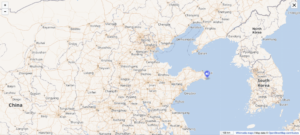

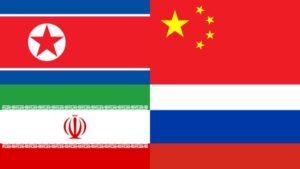
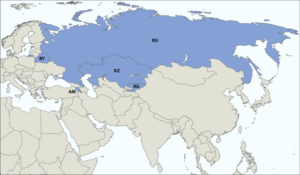



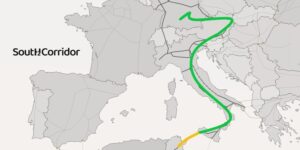


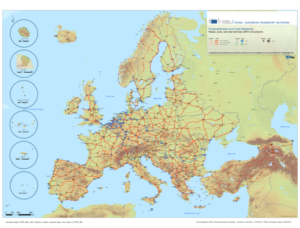



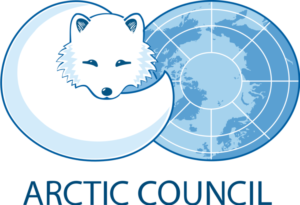





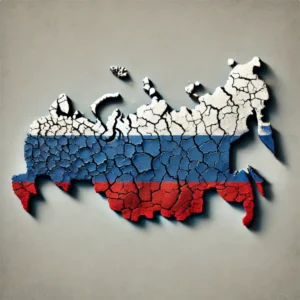
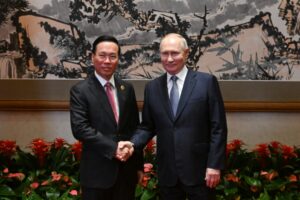
Be First to Comment